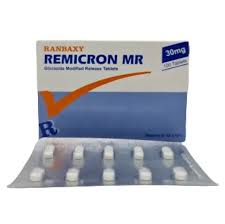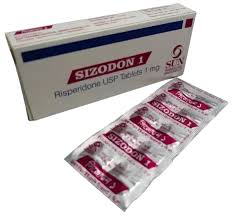Description
• রেজিস্টার্ড চিকিৎসকের পরামর্শ মোতাবেক ঔষধ সেবন করুন
Indications
-
Mania
-
Bipolar disorder
-
Recurrent depression
Pharmacology
Although lithium has been used for over 50 years in the treatment of bipolar disorder, the mechanism of action is still unknown. Lithium's therapeutic action may be due to a number of effects, including inhibition of enzymes such as glycogen synthase kinase 3, inositol phosphatases, or modulation of glutamate receptors. Lithium carbonate alters intraneuronal metabolism of catecholamines and sodium transport in neurons and muscle cells.
Dosage
-
Adults and children over 12 years: Initially 1 gm to 1.5 gm daily; prophylaxis, initially 300-400 mg daily.
-
Administration: Should be taken with food.
Administration
-
Take orally with food.
-
Swallow the tablet whole; do not chew or crush.
-
Follow the dosage instructions provided by your healthcare provider.
Interaction
-
Caution should be used when lithium and diuretics are used concomitantly because diuretic-induced sodium loss may reduce the renal clearance of lithium and increase serum lithium levels with risk of lithium toxicity.
-
Lithosun SR levels should be closely monitored when patients initiate or discontinue NSAID use. Indomethacin and piroxicam have been reported to increase significantly steady-state plasma lithium concentrations.
-
Concurrent use of metronidazole with lithium may provoke lithium toxicity due to reduced renal clearance.
-
There is evidence that ACE inhibitors, such as enalapril and captopril, may substantially increase steady-state plasma lithium levels, sometimes resulting in lithium toxicity.
-
Concurrent use of calcium channel blocking agents with lithium may increase the risk of neurotoxicity in the form of ataxia, tremors, nausea, vomiting, diarrhea, and/or tinnitus.
Contraindications
-
Hypersensitivity to lithium or any component of the tablet.
-
Severe renal impairment.
-
Cardiovascular insufficiency.
-
Addison's disease.
-
Untreated hypothyroidism.
-
Dehydration or significant fluid and electrolyte imbalance.
-
Concurrent use of certain medications that may interact adversely with lithium.
Side Effects
-
Common: Tiredness, loss of appetite, nausea, vomiting, diarrhea, hand shaking, memory problems, increased thirst, and increased urination.
-
Less common: Acne, goiter (enlarged thyroid gland), skin rash, blurred vision, and weight gain.
-
Serious: Signs of lithium toxicity include confusion, severe tremors, muscle weakness, and seizures.
Pregnancy & Lactation
-
Pregnancy: Category D. Lithium may cause harm to the fetus, including cardiovascular malformations. Use only if the potential benefit justifies the potential risk to the fetus.
-
Lactation: Lithium is excreted in breast milk. Caution should be exercised when administered to a nursing woman.
Precautions & Warnings
-
Regular monitoring of serum lithium levels is essential to avoid toxicity.
-
Monitor renal, thyroid, and cardiovascular function during treatment.
-
Maintain adequate fluid and electrolyte intake; avoid dehydration.
-
Avoid sudden changes in salt intake.
-
Do not discontinue abruptly without consulting your healthcare provider.
Therapeutic Class
-
Anti-manic drugs
Storage Conditions
-
Store at room temperature, below 30°C.
-
Keep the tablet in its original packaging to protect from moisture and light.
-
Keep out of reach of children.

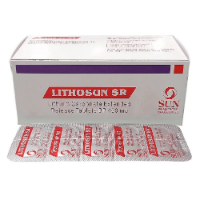
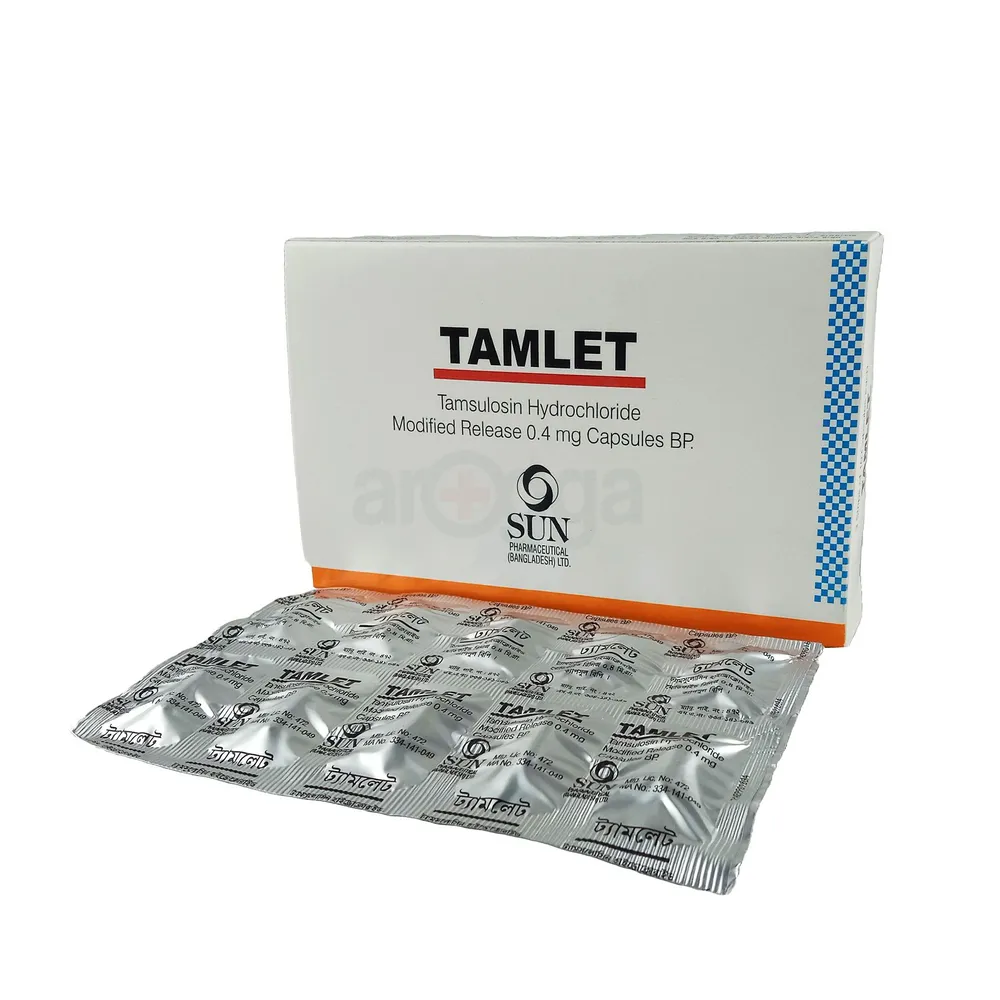
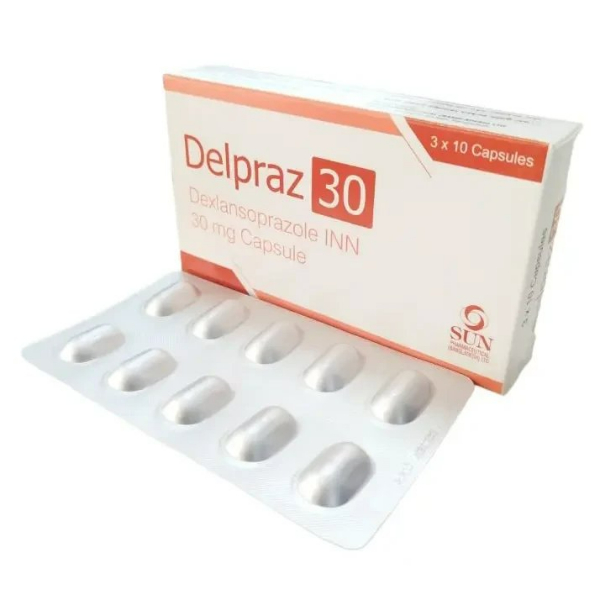
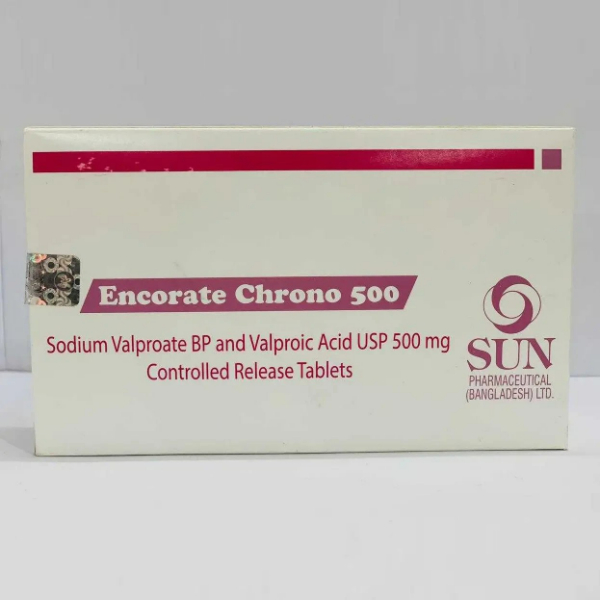
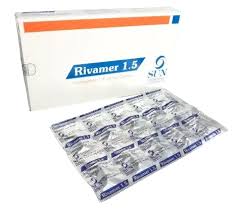
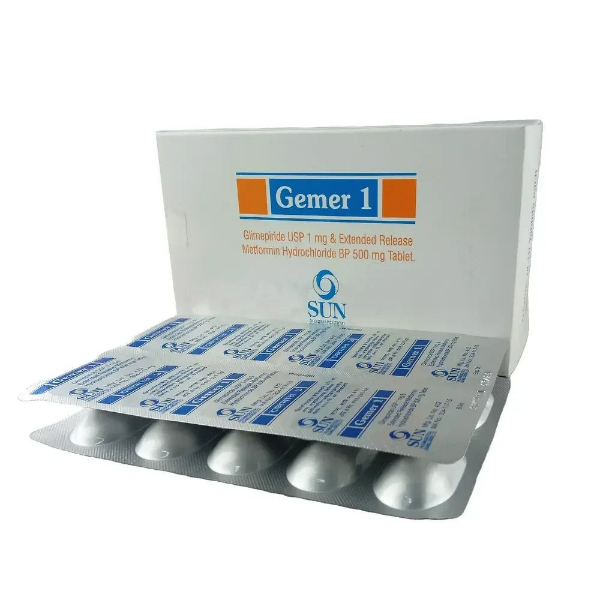
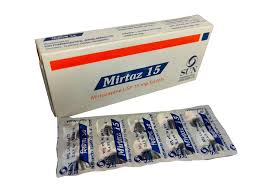
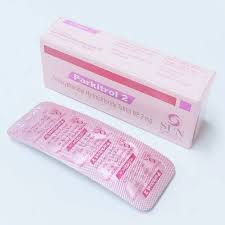

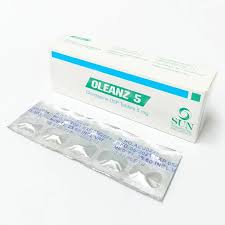
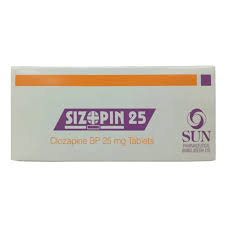
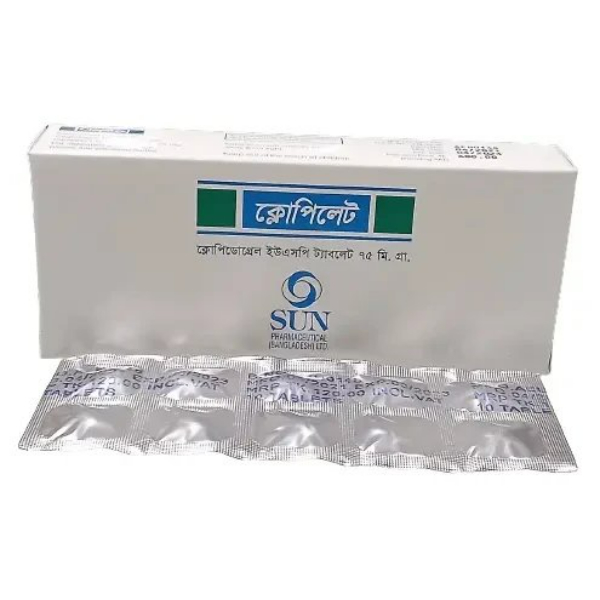
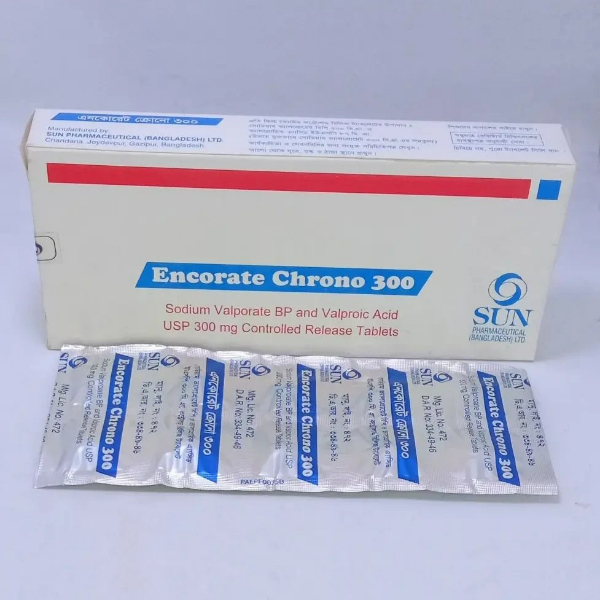
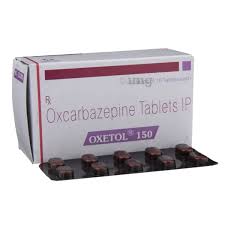
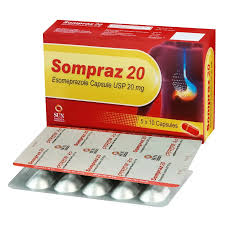
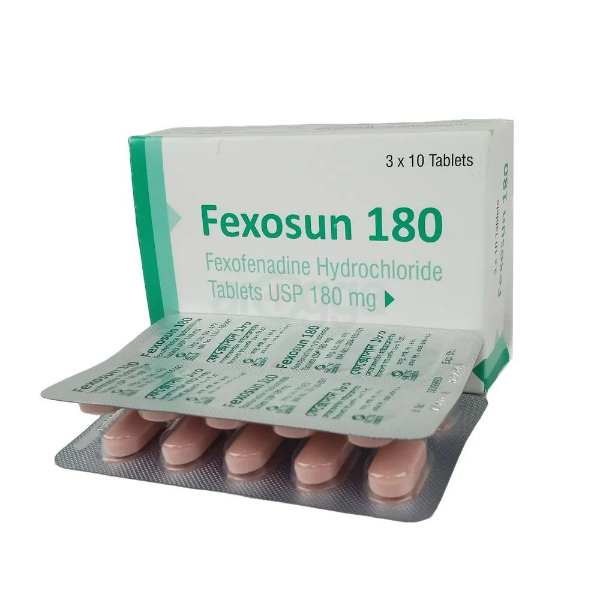
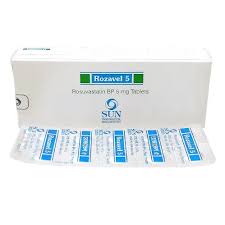
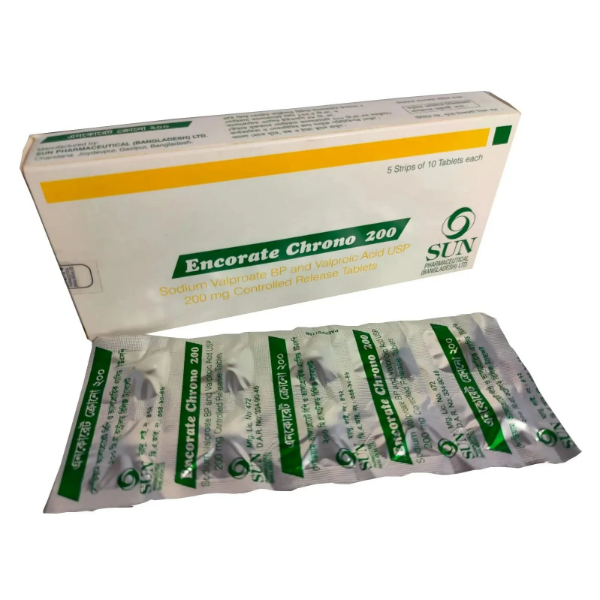
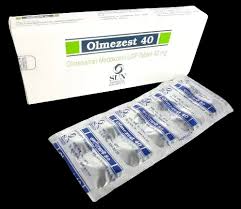
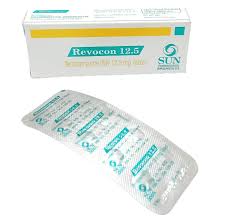
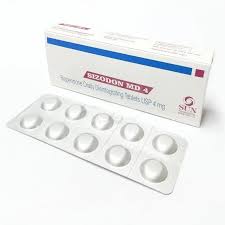
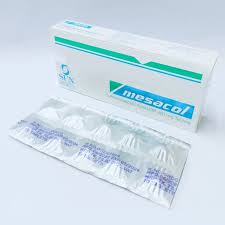
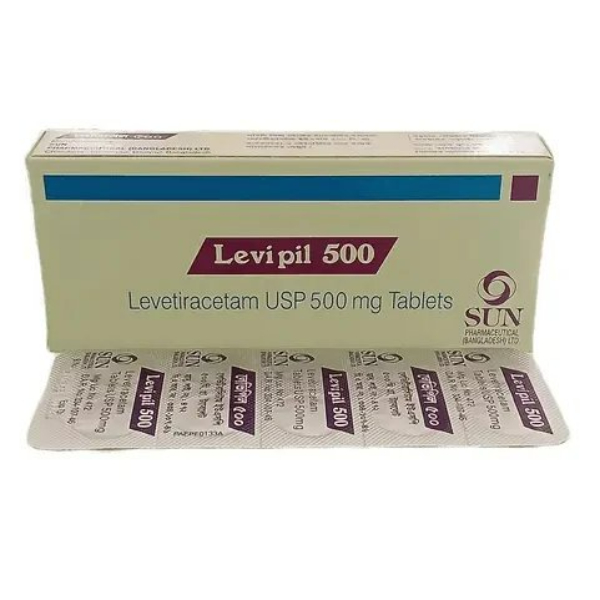
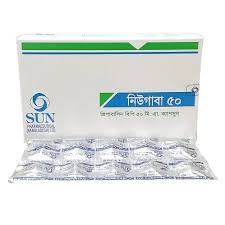
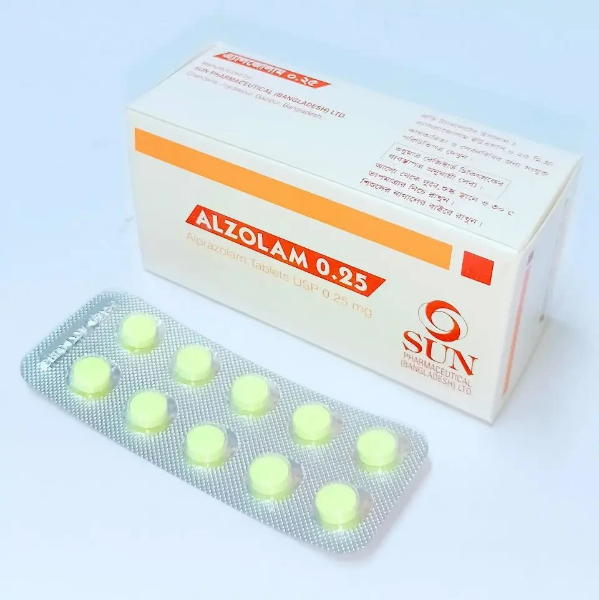
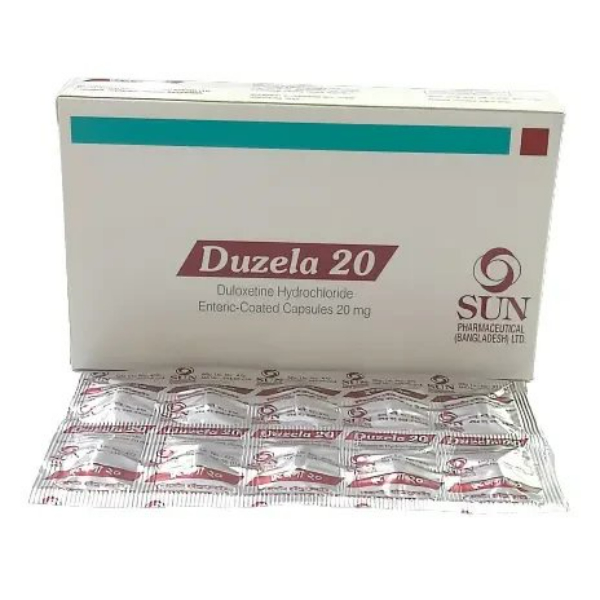
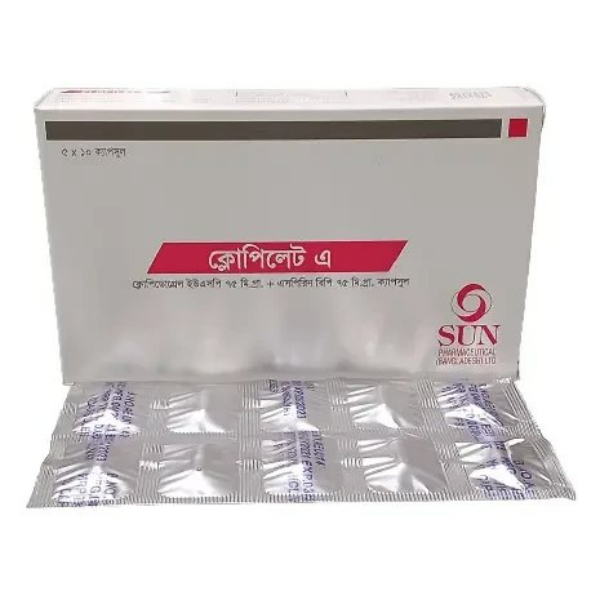
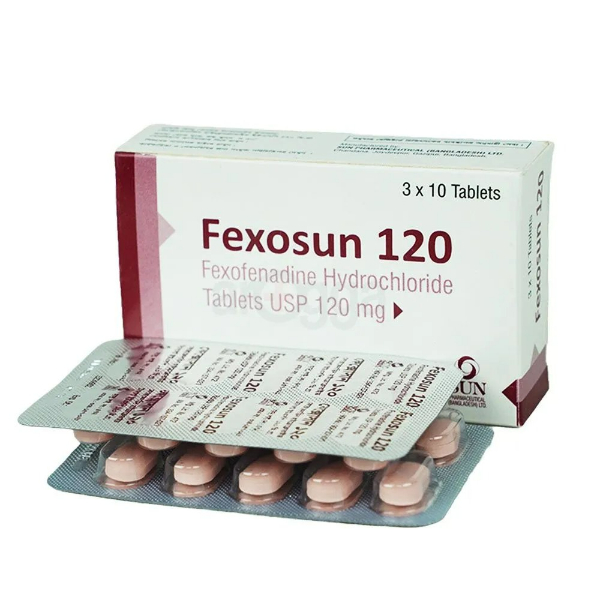
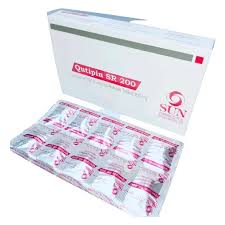
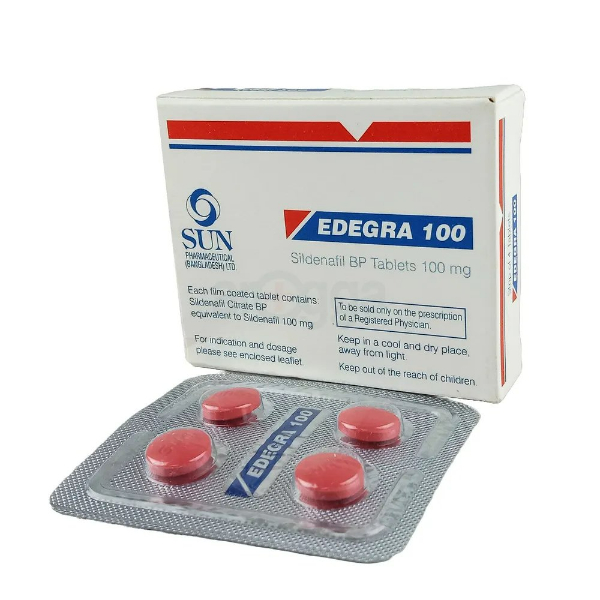
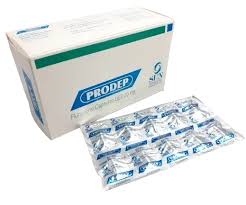
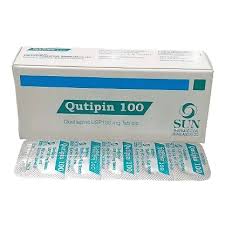
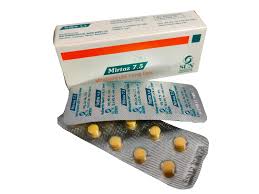
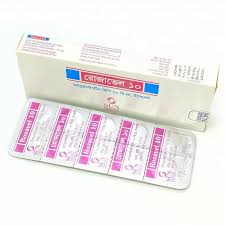
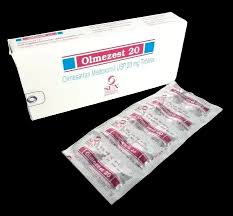
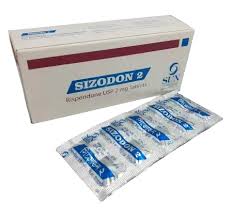
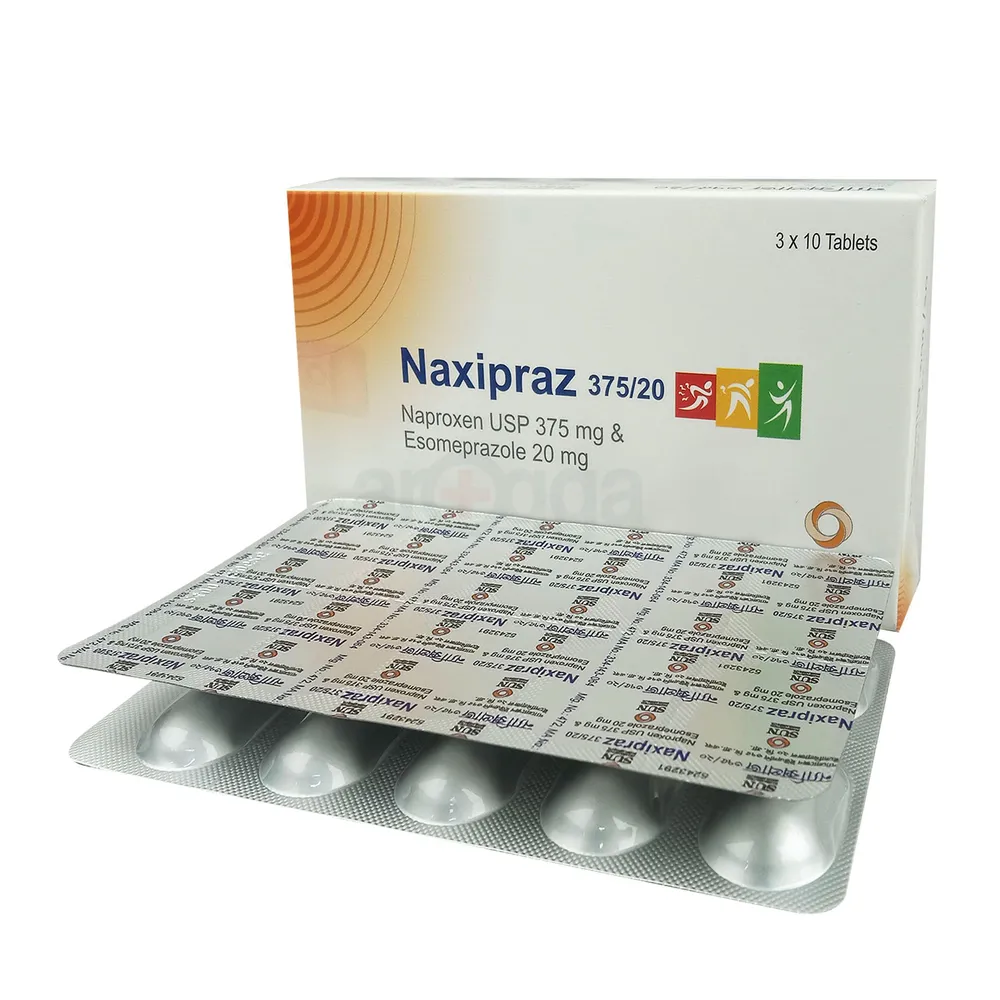
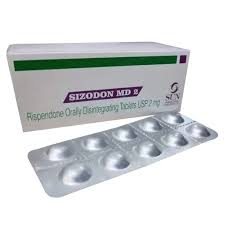
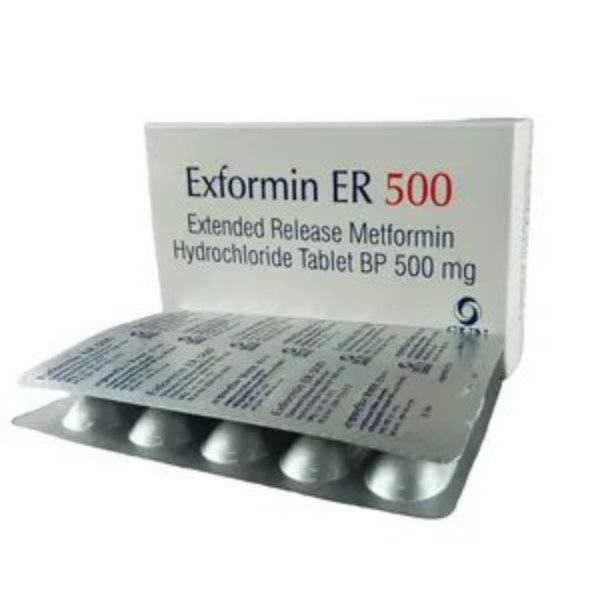
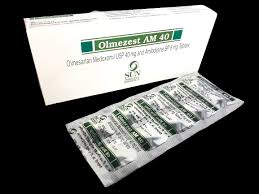
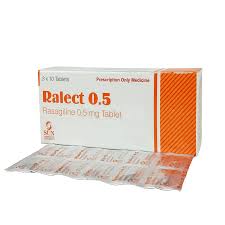
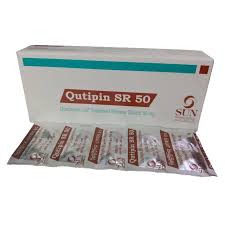

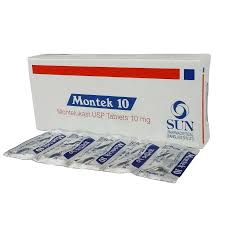
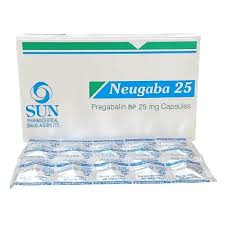
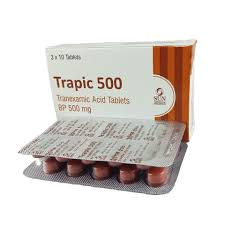
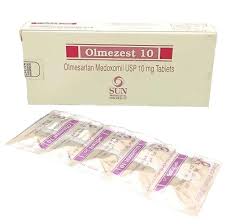
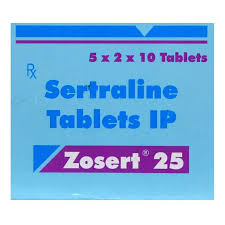
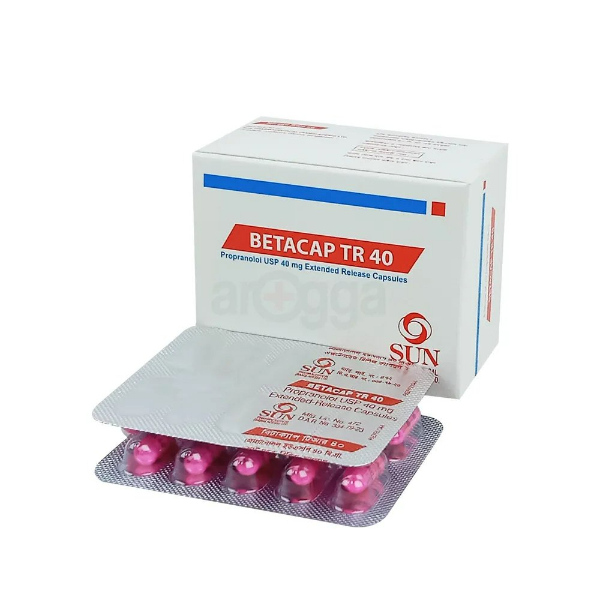
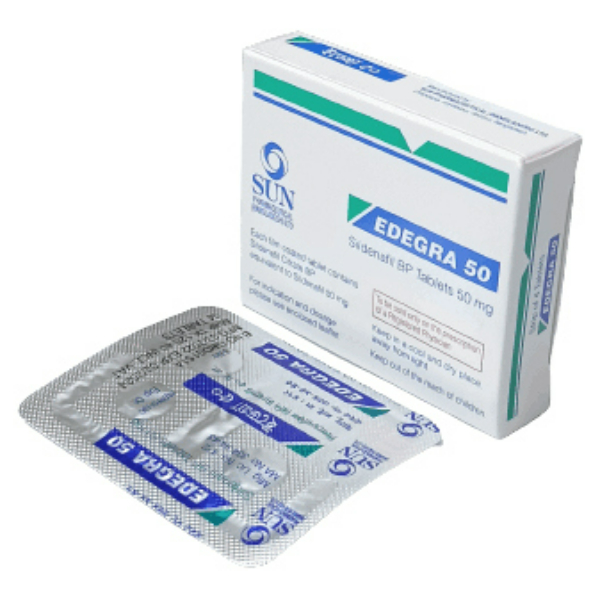
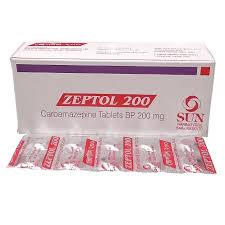
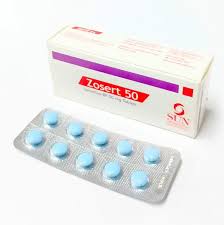
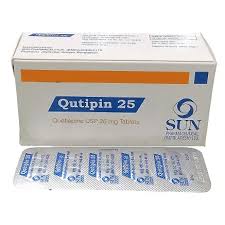
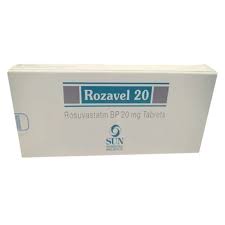
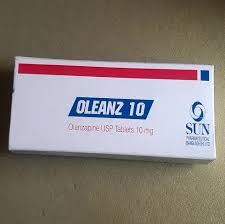
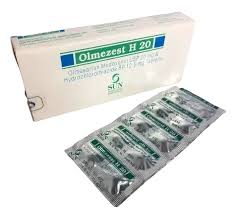
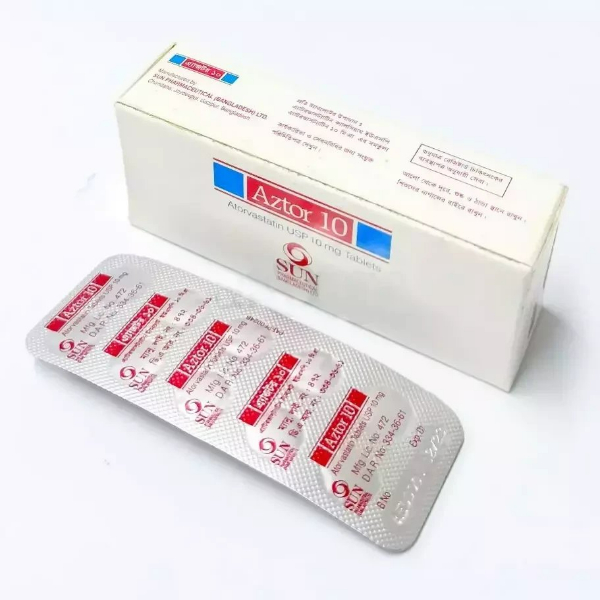
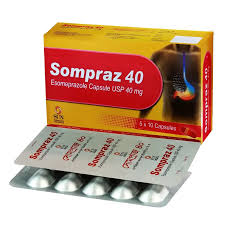
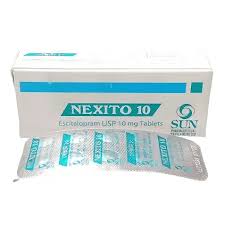
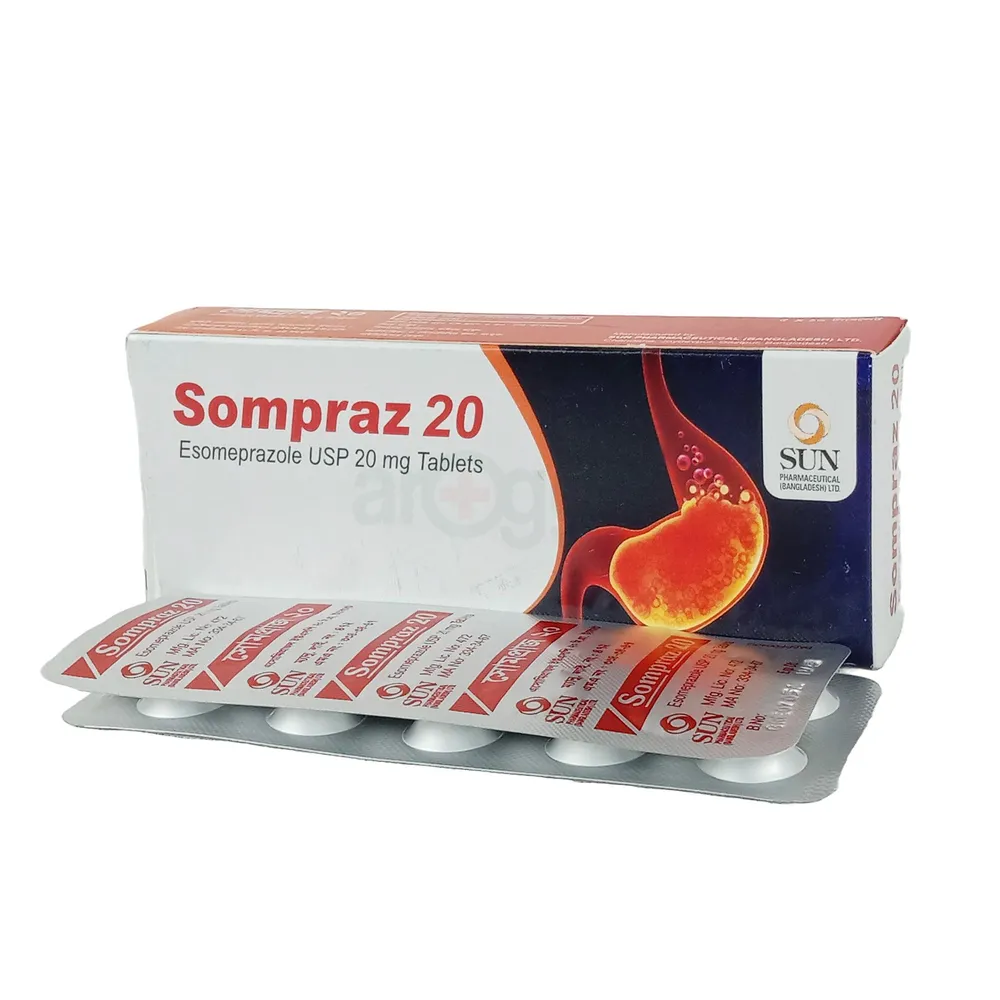
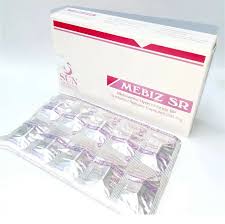
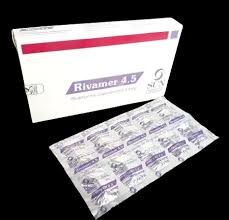
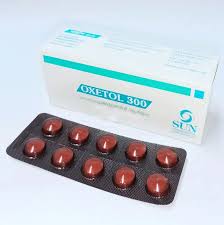
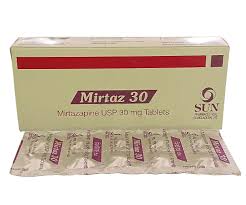
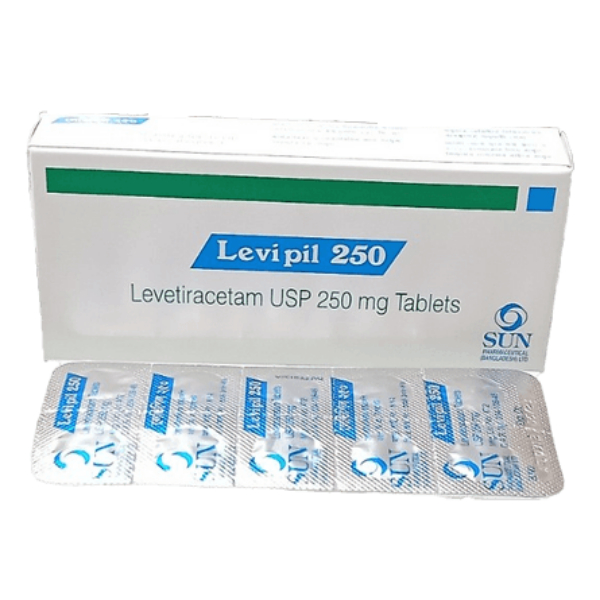
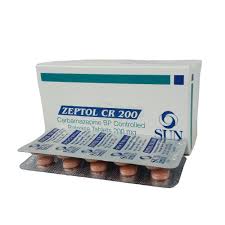
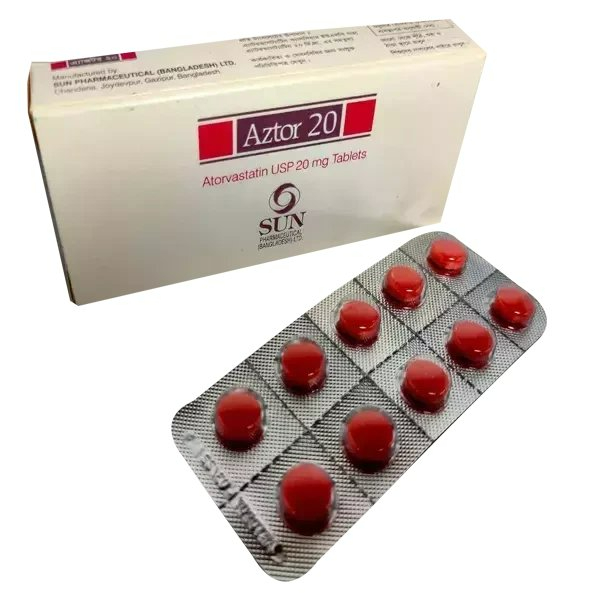
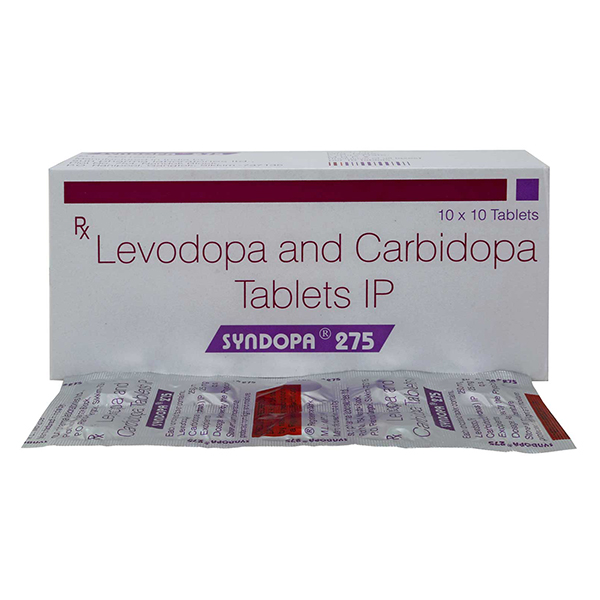
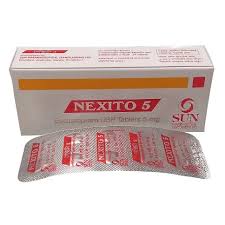
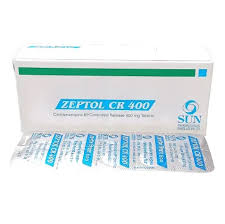
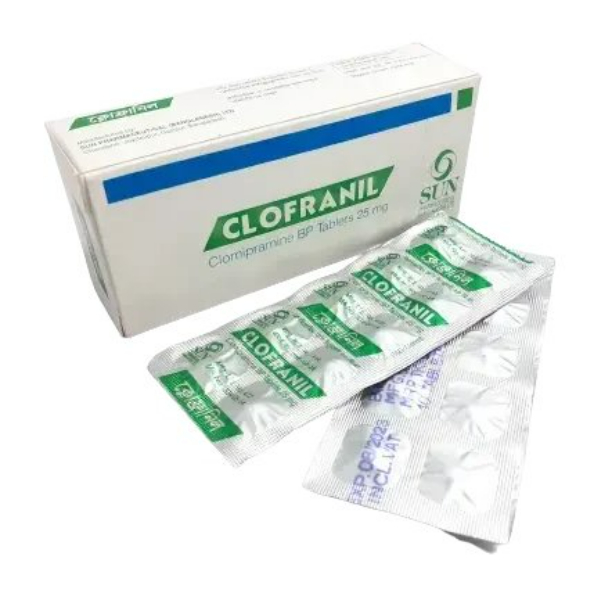
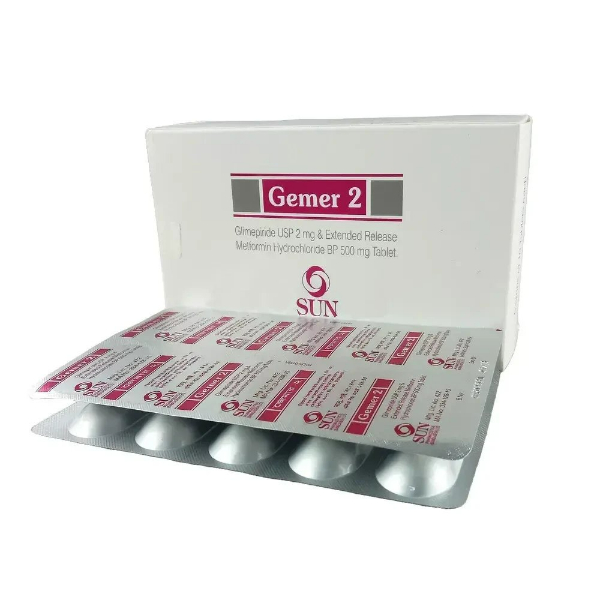
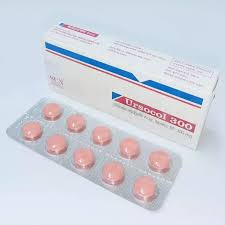
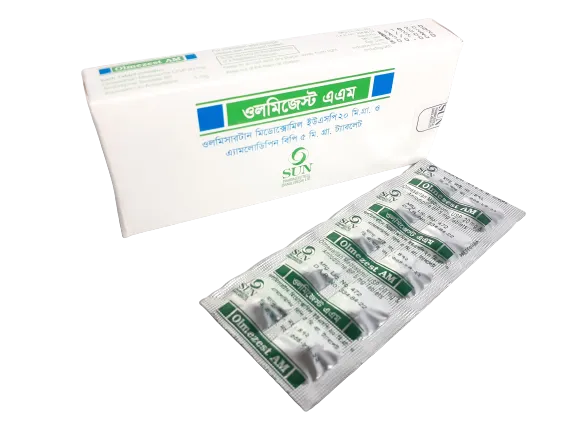
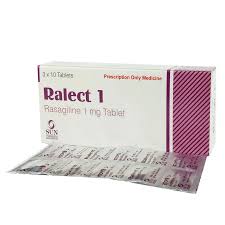
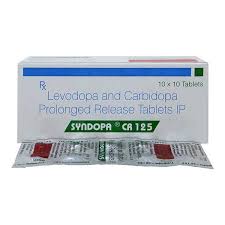
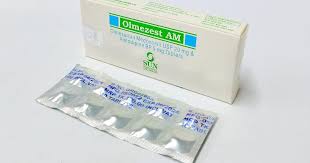
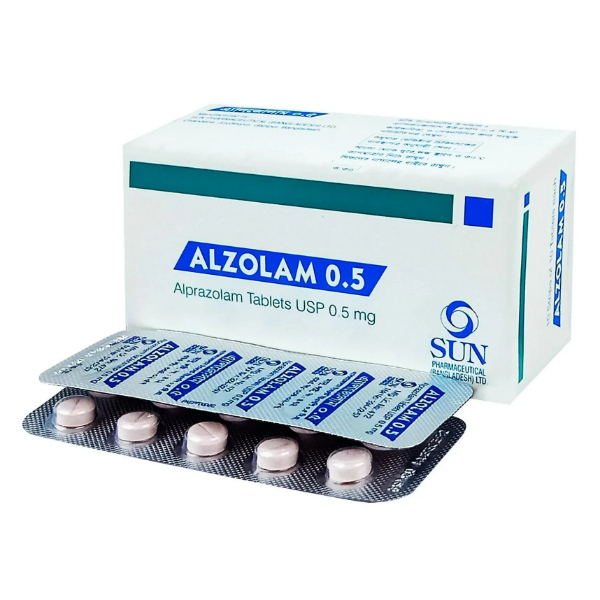
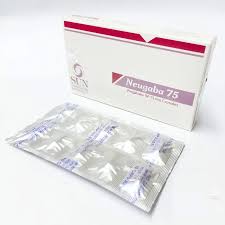
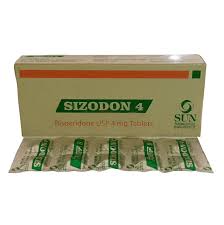
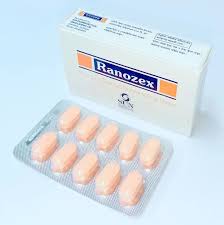
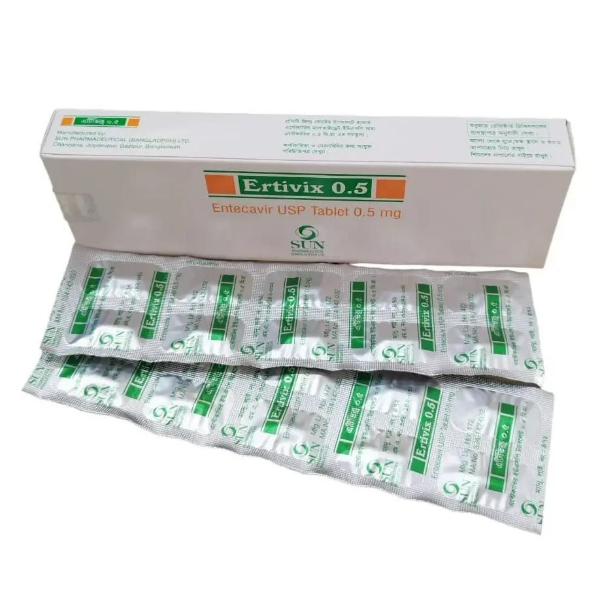
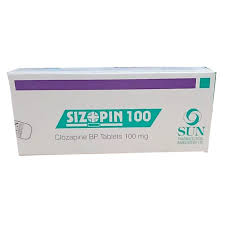
.jpg)
